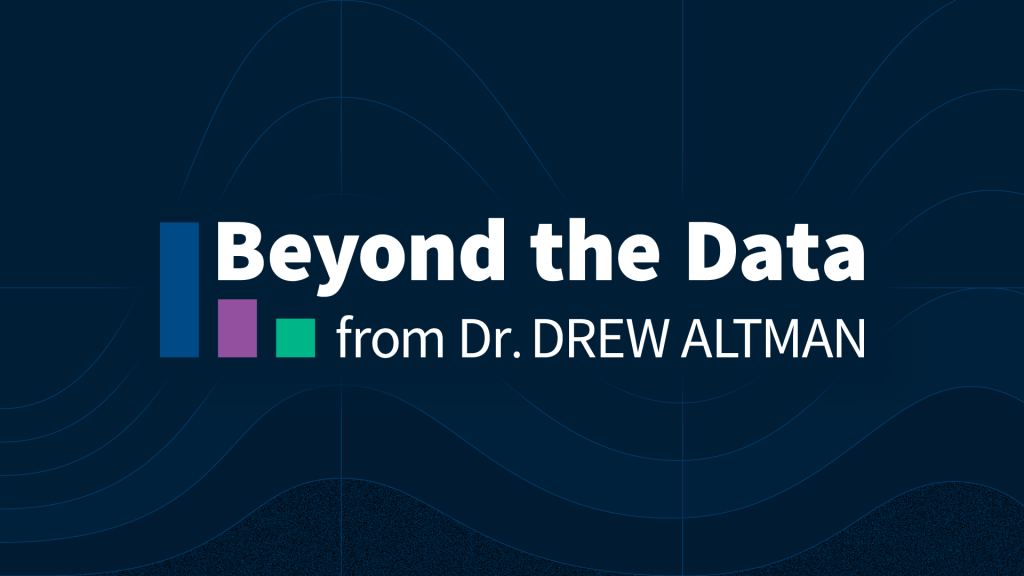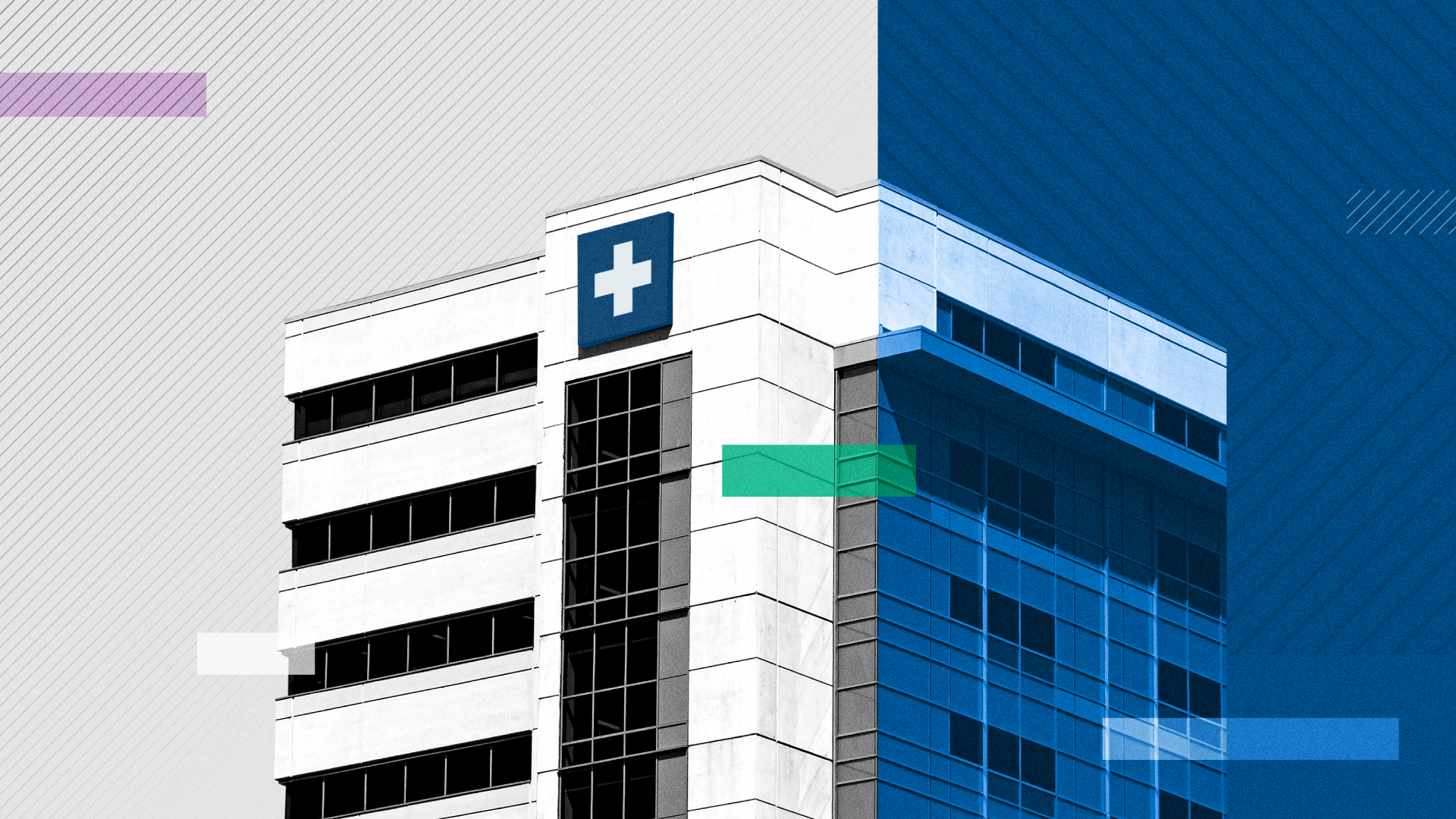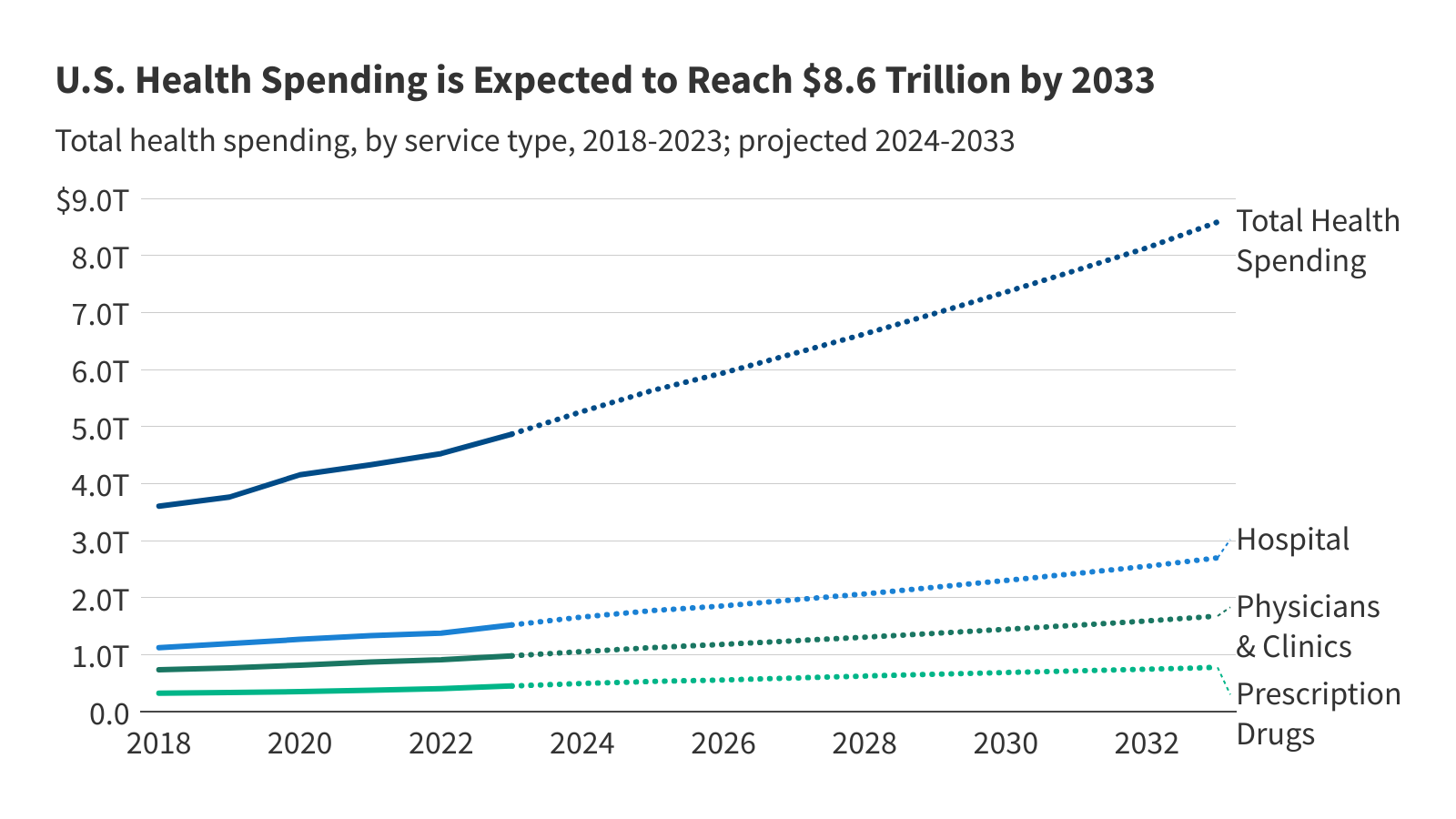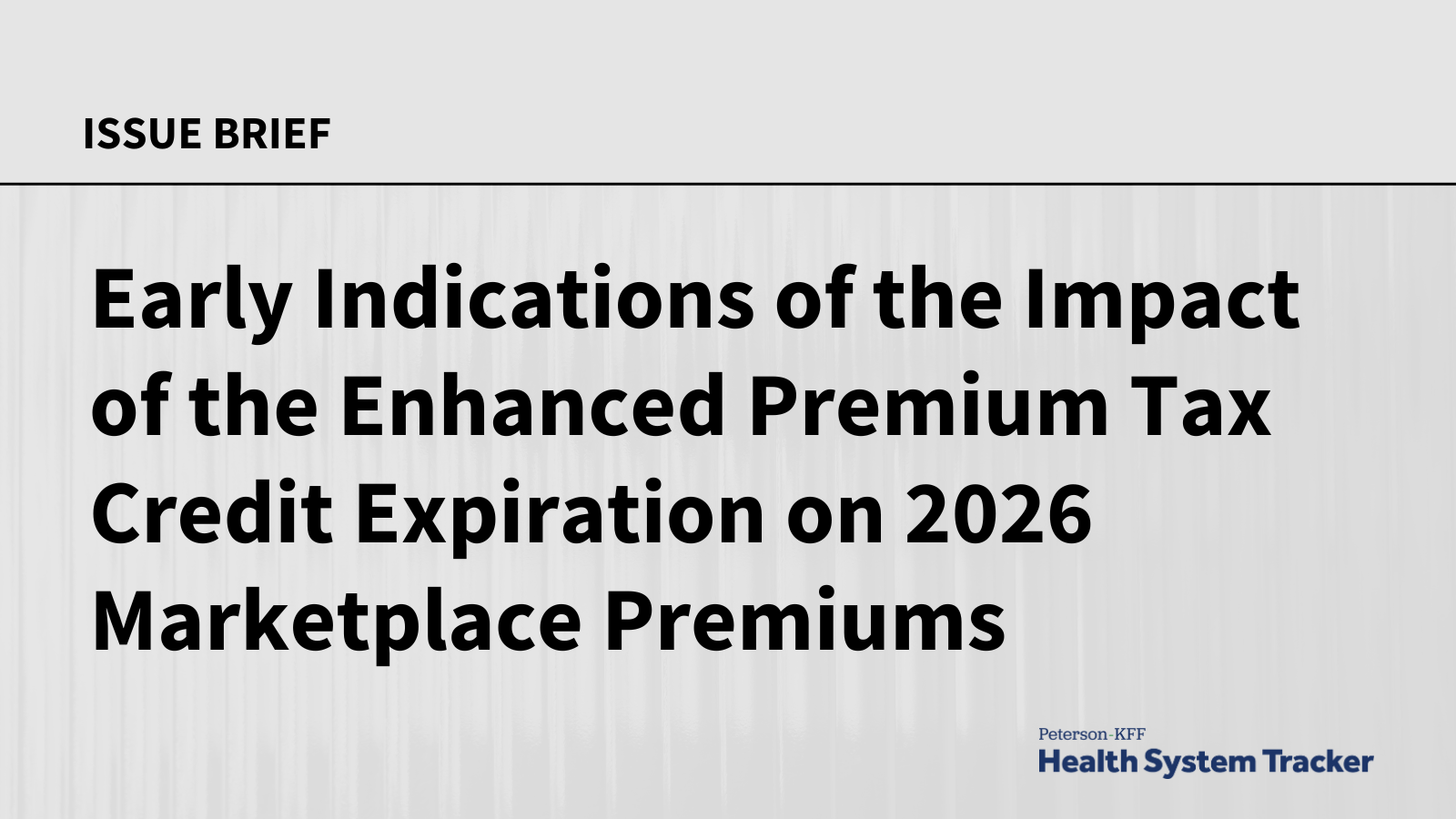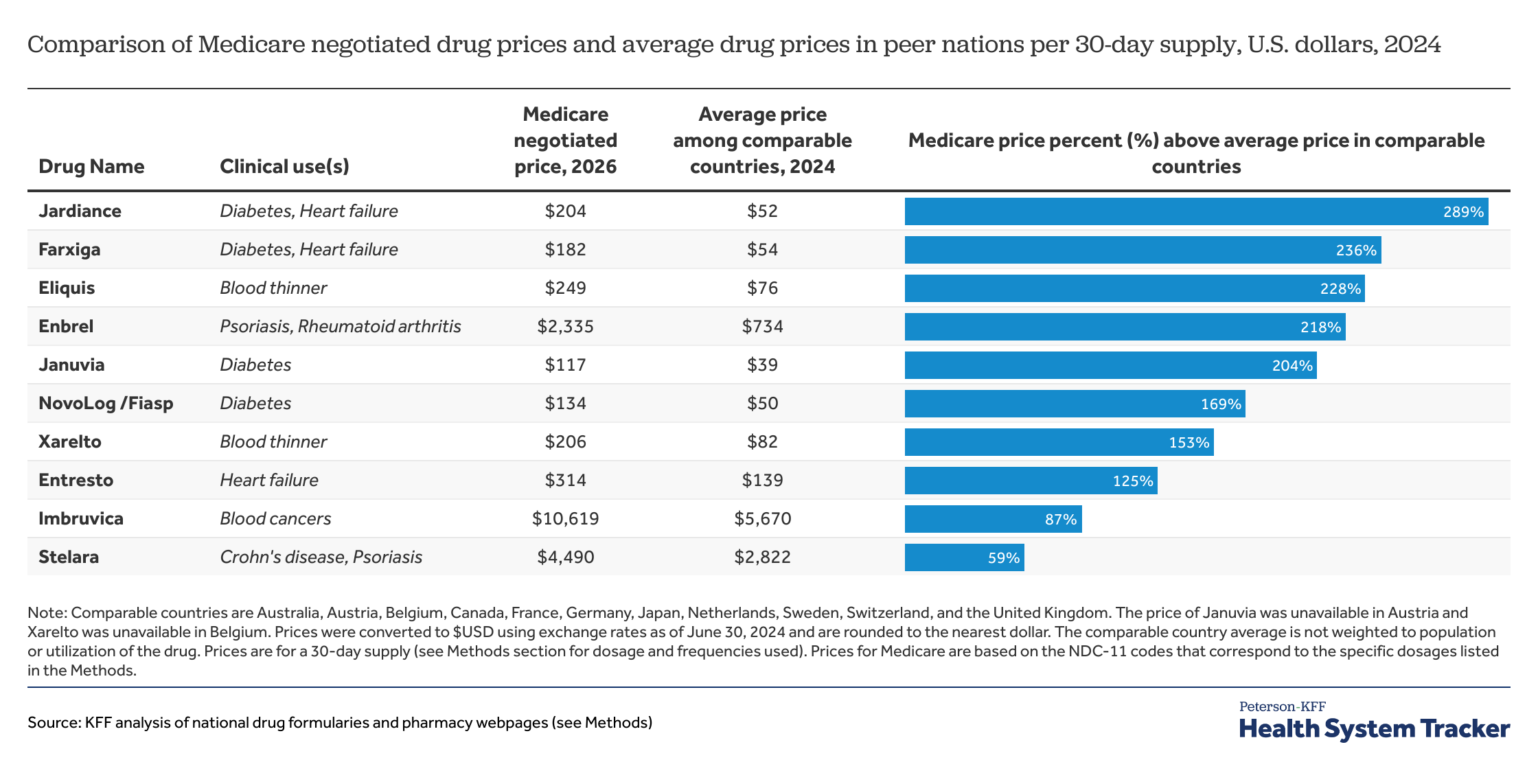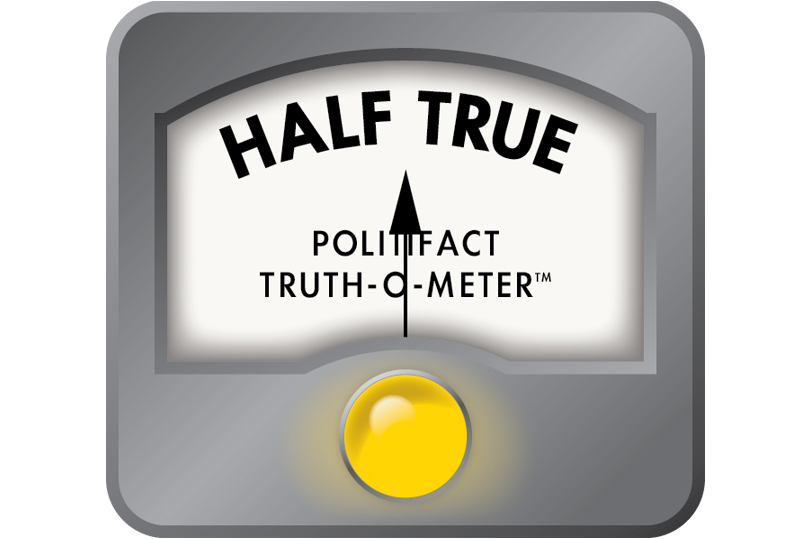An analysis of out-of-network claims in large employer health plans
A new Kaiser Family Foundation brief examines out-of-network claims in large employer plans, and finds that a significant share of inpatient hospital admissions includes bills from out-of-network providers, often leaving patients exposed to "surprise medical bills" and high out-of-pocket costs.
